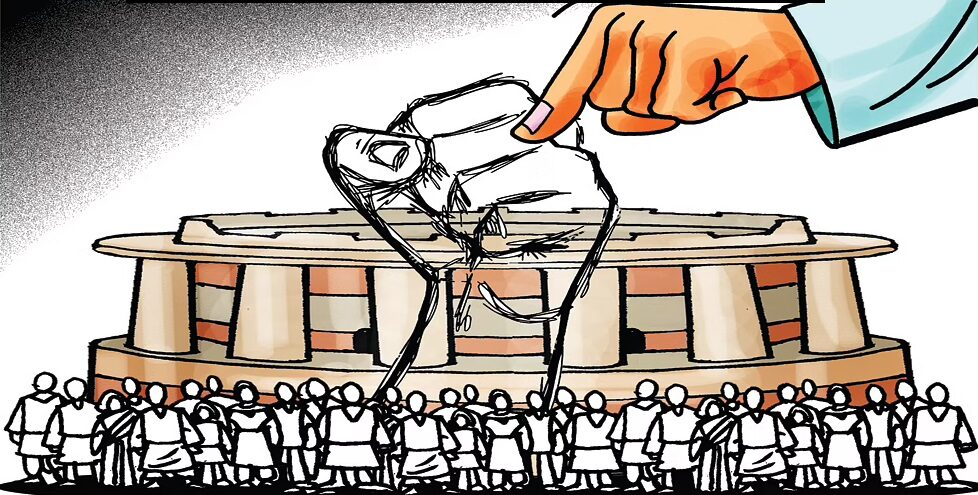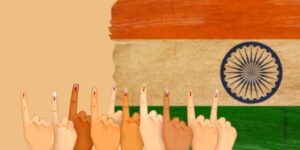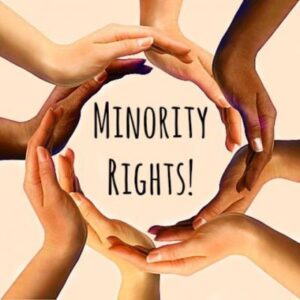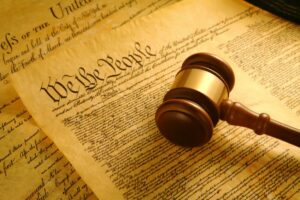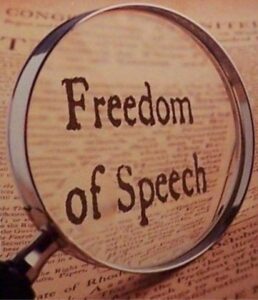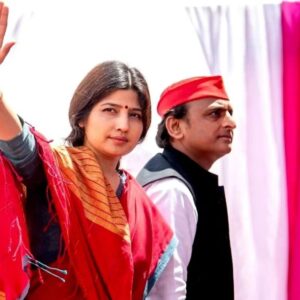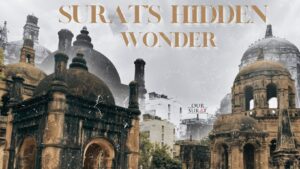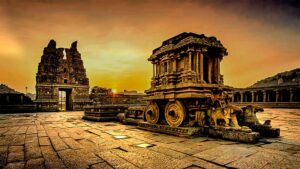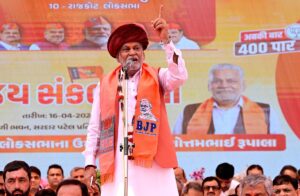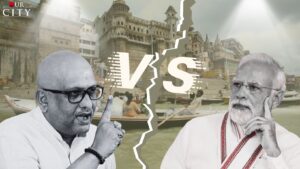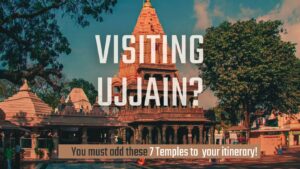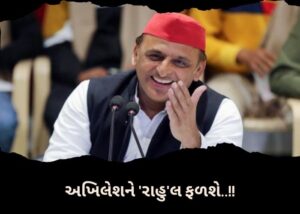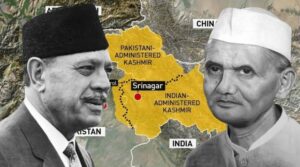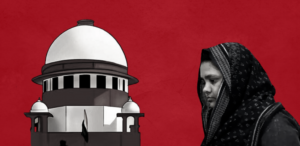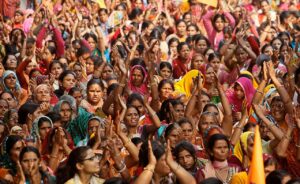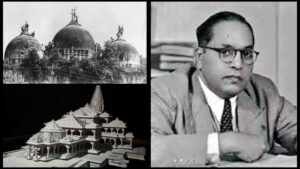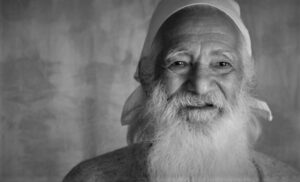“Democracy is when the Indigent, and not the men of property, are the rulers.”
-Aristotle
Witnessing several rulers, countless governments, and hundreds of battles throughout the history of human civilisation, we have emerged as the largest democratic ‘country’, but are we the largest democratic ‘nation’? The only constant (?) throughout the history of politics has been the voice of the citizens, loudest since the day they were ‘granted’ and ‘availed’ the right to vote. While we have preached ‘Of, by and for the people’ a little too much, do we really practice it? Let’s try to explore and rate India’s positives and negatives through the basic characteristics of democracy.
Elections that are Free, Fair, and Frequent
- Independent functioning of Election Commission (Article 324 and 325).
- Always conducted after constant period when it is reserved.
- People have right to protest and raise questions against the elected government or the electoral process (provided they have evidence).
- Emerged from ballot boxes to electronic voting machines. (less tedious and systematic)
Negatives:
- Following the election announcement, the minister vowed to provide financial assistance to reopen the closed sugar plant.
- Opposition parties claimed that their speeches and campaign were not given adequate coverage on Doordarshan and All India Radio.
- An investigation by the Election Commission revealed that a state’s electoral rolls contain the names of 20 lakh bogus voters.
- A political party’s hoodlums were roaming around with firearms, physically blocking supporters of other political parties from meeting voters and attacking other parties’ meetings.
Protecting Minority Rights
- Divided on the basis of language and religion (Article 30 (1)).
- The state is prohibited from discriminating against any person on the basis of religion, caste, race, place of birth, or gender (Article 15 (1)).
- Freedom of conscience and free profession, practice, and propagation of religion (Article 25).
- According to the Delimitation Commission’s ruling published in 2008, 412 seats are general, 84 seats are allocated for Scheduled Castes, and 47 seats are reserved for Scheduled Tribes.
Negatives:
- According to National Crime Records Bureau data, there were over 2,900 occurrences of religious rioting in the country between 2017 and 2021.
- An eight year old boy belonging to a particular religion was slapped by classmates on teacher’s demand.
- Minorities continue to be under-represented in higher education, according to the All India Survey on Higher Education 2018-19.
- A cook belonging to one of the minority communities removed from school as the upper caste students refused to eat food made by her.
Rule within the Bounds of Constitutional Law
- The legislative, executive and judiciary body wields supreme power, as stipulated by the country’s constitution and not the ruling government.
- The positions are held by citizens on the basis of their merit and skills.
- No one is above the law, and everyone, regardless of position or status, is subject to the jurisdiction of ordinary courts of law.
- The Bill of Rights incorporated in the Constitution helps to ensure that citizens are treated fairly by various governmental authorities across the country.
Negatives:
- Politician caught demanding a hefty amount from the builder to save himself from the charges of corruption.
- The corporator was proved innocent and all the criminal charges were removed from his personal account.
- Popular activist was arrested on fake charges of defamation and sedition by the ones in power.
- Case was resolved in the High Court after ‘monetary’ settlement.
Freedom of Speech and Expression
- The public’s voice, especially if critical of the ruling party is allowed to flow freely.
- A citizen should be able to make independent decisions based on their own discretion, as long as they do not endanger the law or another person.
- The freedom to communicate and disseminate information by any medium, including print, audio, television broadcast, and electronic media
- A provision prohibits dissemination of malicious and unrestrained propaganda against any caste, community or religion.
Negatives:
- Two students arrested due to their ‘controversial’ artworks.
- A person belonging to a particular religion was lynched on suspicion of eating something which was banned.
- Popular leader of an organisation gave ‘hate speech’ against a community. No action was taken.
- Specific social media post was deleted as it offended ‘selected’ few.
Independent Judiciary
- The judicial system or courts are autonomous and independent of any government organisation or political party.
- The opinions, laws, or acts passed by India’s court are not influenced by any legislative power and are made independently.
- The government has formed a task force chaired by the Department of Justice in the Ministry of Law and Justice to address concerns regarding contract enforcement by reviewing court performance and accelerating e-courts projects.
- Judiciary serves as the interpreter of law as well as the watchdog of the Indian Constitution.
Negatives:
- A rape victim is waiting for her justice since past 23 years.
- Over five lakh cash seized from the judge’s desk given by the criminal to resolve the case.
- There is almost no justice in the Judiciary System except for Arbitration, Mediation and Captivation.
- Our Apex Court is the Privy Council and not part of the judicial system.

